This article was medically reviewed by Erik Kramer, DO, MPH. Dr. Erik Kramer is a Board-Certified Primary Care Physician at the University of Colorado. With over 15 years of experience, his clinical interests include obesity and weight management, diabetes care, and preventive care, as well as embracing a holistic approach to primary care. He received his Doctorate in Osteopathic Medicine (D.O.) from the Touro University Nevada College of Osteopathic Medicine and completed his residency at Central Maine Medical Center. Dr. Kramer is a Diplomate of the American Board of Obesity Medicine.
There are 13 references cited in this article, which can be found at the bottom of the page.
This article has been viewed 11,210 times.
Your liver is responsible for filtering toxins out of your body, so keeping it in good working order is important for your overall health. Some conditions can raise your liver’s stiffness, which is a measurement of its overall health and functionality. A higher stiffness rating could indicate certain problems like fibrosis or cirrhosis. Fortunately, in most cases increased stiffness is controllable or reversible. A few dietary and lifestyle changes can help keep your liver functioning properly.
Steps
Making Lifestyle Changes
-
1Reach and maintain a healthy body weight. Being overweight can build up fatty deposits in your liver and increase its stiffness. Speak with your doctor about what the ideal body weight for you is. Then, if you’re overweight, design a program to reach and maintain that weight to avoid stressing your liver.[1]
- Many of the steps necessary to maintain a healthy body weight will also benefit your liver health, like exercising, eating healthy foods, and cutting out harmful processed foods.
Did You Know? Maintaining your target body weight is the number one way to prevent the progression of fatty liver into scarring and cirrhosis.
-
2Exercise for at least 30 minutes 5 days per week. Regular exercise keeps the liver active and helps it filter out harmful materials. It can also burn off fatty liver deposits, improving the organ’s function. Aim to do at least 30 minutes of aerobic activity 5 days per week for the best results. This will help you keep weight off and reduce any stiffness that’s built up in your liver.[2]
- Aerobic exercises get your heart rate up and improve your cardiovascular health. They are ideal for keeping weight off. Focus on activities like running, swimming, biking, or aerobics classes for the best results.
- You don’t have to work out hard to get good results. A 30-minute walk every day is also great for your health.
- Resistance workouts like weight lifting are also good for your health, but they aren’t ideal for improving liver health. Only move on to resistance training when you’re getting the minimum amount of aerobic exercise first.
Advertisement -
3Lower your cholesterol if it’s high. High cholesterol, particularly LDL cholesterol, can leave fatty deposits in your liver and increase its stiffness. If you’ve been diagnosed with high cholesterol, follow your doctor’s orders for lowering it. This usually involves a combination of diet, exercise, and medication as needed.[3]
- Since having fatty liver increases your risk of cardiovascular problems, it's especially important that you manage your cholesterol. In some cases, your doctor might decide that medication is the best way to lower your cholesterol.
- Common cholesterol medications are statins, resins, and certain types of inhibitors. Take any medication you’re prescribed exactly as directed to avoid liver stress.[4]
- Rarely, your doctor may decide not to prescribe a cholesterol medication if you have a liver condition. However, it's typically safe to use statins even if you have liver problems.
Tip: Lowering your triglycerides may help reduce fatty deposits in your liver.
-
4Quit smoking if you smoke, or avoid starting if you don’t. Smoking increases the number of toxins in your body, stressing the liver and potentially causing liver diseases. If you smoke, quit as soon as possible to improve your liver function. There are many tools that can help you. Try nicotine patches or e-cigarettes to wean yourself off smoking. Also try to distract yourself from cravings by going for a walk, chewing low-sugar gum, having healthy snacks, or squeezing a stress ball.[5]
- It's also helpful to inform all your family and friends that you're trying to quit smoking so they don't offer you cigarettes.
- If you don’t smoke, that’s even better. Don’t start to begin with to avoid any long-term damage.
-
5Control underlying liver conditions with proper medication and lifestyle changes. Underlying liver conditions like hepatitis or cirrhosis are usually behind high liver stiffness. If you have a liver condition, follow your doctor’s orders for controlling it. Take any medication exactly as prescribed and make the recommended dietary or lifestyle adjustments to keep your liver functioning.[6]
- There are a number of medications to treat hepatitis, so follow your doctor’s prescription to take them correctly.
- If you have cirrhosis, there is no specific medication to treat it. Your doctor will probably recommend a number of lifestyle changes, including cutting out alcohol.
Adjusting Your Diet
-
1Follow a balanced diet high in fruits, vegetables, and fresh foods. A healthy diet prevents stress on your liver and helps it filter out toxins that inhibit its performance. Include as many fresh, non-processed foods as possible into your diet. Try to eat fresh fruit or vegetable serving with each meal, in addition to lean proteins and whole wheat products.[7]
- If you regularly eat white products like bread and rice, switch them to whole-wheat varieties for a healthier option.
- Avoid foods high in saturated fats like red meat and processed foods. Replace these foods with lean protein sources like poultry or fish.
- Reduce your sugar intake as well. Cut the number of sugary drinks you have and eat dessert less often.
-
2Eat pesticide-free produce to avoid building up liver toxins. Pesticides in food can stress your liver, especially if you have an underlying condition. Look for produce labeled “Organic” to indicate that it’s been raised without pesticides.[8]
- Wash all your produce in cold water before eating it. This can remove surface pesticides and any other contaminants that could make you sick.
-
3Track the calories you’re eating to prevent overeating. Overeating can cause weight gain and inhibit your liver function. By tracking the number of calories you eat every day, you’ll be able to keep yourself within the daily recommended range and avoid gaining weight. Read nutrition labels on the food you use and add up the calories of all the ingredients you use. Keep yourself within the daily limit to maintain a healthy weight.[9]
- Speak with your doctor about your ideal caloric intake every day. The most common recommendation is 2,000, but this could vary for different people.
- If some food you use isn’t labeled, search online for its average calorie count.
- There are many health apps that help your track your calories. You just have to type your meals in and the app will calculate your calorie intake. Search the app store for a program that works for you.
-
4Drink 2 cups of coffee per day for improved liver performance. Coffee consumption is associated with higher liver function and less stiffness. Try drinking 2 cups per day to boost your liver function and help it filter out harmful toxins.[10]
- If you drink multiple cups of coffee per day, limit the amount of sugars or sweeteners you add. This can add a lot of calories and unhealthy ingredients to your diet.
- Remember that more coffee isn’t better. Consuming more than 5 cups per day could cause other health problems.
- The reason coffee benefits your liver is not because of its caffeine content, so other caffeine sources like tea or energy drinks won’t give you the same effect. It has to be coffee.
Preventing Liver Stress
-
1Reduce or cut your alcohol consumption completely. Alcohol consumption increases liver stiffness, especially if you have an underlying condition. If you don’t have an underlying condition, keep your alcohol consumption within an average of 1-2 drinks per day to avoid adverse liver effects. If you do have an underlying condition, then it’s best to cut out alcohol altogether.[11]
- Start by telling all of your friends and family that you're trying to cut your alcohol use. Ask them to stop offering you drinks so it's easier for you to quit.
- Try suggesting different activities to your friends besides going to a bar. Something active, like rock climbing, is good for your health and removes the temptation to drink.
- If you have cirrhosis, the doctor will probably recommend that you cut out alcohol completely. If the cirrhosis is from long-term alcoholism, consider getting professional help to overcome the problem.
-
2Practice good hygiene to avoid getting infections. Infections and illness make your liver work harder, which is harmful if you have an underlying condition. Wash your hands regularly, clean and cover all cuts, and eat a diet high in vitamins to resist infections to prevent liver damage.[12]
- Also get seasonal vaccines like the flu shot to keep yourself healthy.
- Use your own hygiene items like nail clippers to prevent contamination from others.[13]
-
3Ask your doctor about getting vaccinated for hepatitis A and B. Both hepatitis A and B can damage your liver by worsening stiffness and cirrhosis. Fortunately, you can prevent a future viral hepatitis infection by getting vaccinated. See your doctor to get your vaccinations updated to help protect your liver.[14]
- The hepatitis A vaccine is given in 2 doses that are spaced 6-12 months apart. The hepatitis B vaccine is given in 2-3 doses.[15]
-
4Take all medications exactly as directed. All medications put some stress on your liver, so never take higher doses than you’re supposed to. For over the counter medications, read the dosing label and never exceed the max dosage. If you have any prescription medications, take them according to your doctor’s instructions.[16]
- If you have liver problems, your doctor may want to cut the amount of medications you’re on to avoid liver stress. They may tell you to avoid taking over the counter drugs except as a last resort.
-
5Avoid taking illegal drugs to prevent health problems and infections. All drugs put more stress on your liver, in addition to other problems. They can depress your immune system, make you more susceptible to infections, and lead to addiction. It’s best to avoid illegal drugs altogether to protect your liver and overall health.[17]
- Intravenous drugs like heroin also increase your risk of hepatitis if the needles aren’t sterile.
Warnings
- The symptoms of liver problems include jaundice (yellowing of the eyes and skin), abdominal pains, swollen legs and ankles, chronic fatigue, pale stool, and easy bruising.[18] If you experience these symptoms, visit your doctor as soon as possible for an assessment.⧼thumbs_response⧽
References
- ↑ https://www.mayoclinic.org/diseases-conditions/nonalcoholic-fatty-liver-disease/diagnosis-treatment/drc-20354573
- ↑ https://liverfoundation.org/13-ways-to-a-healthy-liver/
- ↑ https://www.mayoclinic.org/diseases-conditions/nonalcoholic-fatty-liver-disease/diagnosis-treatment/drc-20354573
- ↑ https://www.heart.org/en/health-topics/cholesterol/prevention-and-treatment-of-high-cholesterol-hyperlipidemia/cholesterol-medications
- ↑ https://www.ncbi.nlm.nih.gov/pmc/articles/PMC4088100/
- ↑ https://www.mayoclinic.org/diseases-conditions/cirrhosis/diagnosis-treatment/drc-20351492
- ↑ https://britishlivertrust.org.uk/information-and-support/living-with-a-liver-condition/diet-and-liver-disease/
- ↑ https://www.hopkinsmedicine.org/health/wellness-and-prevention/5-ways-to-be-kind-to-your-liver
- ↑ https://www.nhs.uk/conditions/cirrhosis/treatment/
- ↑ https://www.ncbi.nlm.nih.gov/pmc/articles/PMC5295100/
- ↑ https://www.journal-of-hepatology.eu/article/S0168-8278(18)32023-3/fulltext
- ↑ https://www.nhs.uk/conditions/cirrhosis/treatment/
- ↑ https://liverfoundation.org/13-ways-to-a-healthy-liver/
- ↑ https://www.cdc.gov/hepatitis/hav/afaq.htm
- ↑ https://www.immunize.org/catg.d/p4042.pdf
- ↑ https://www.mayoclinic.org/diseases-conditions/nonalcoholic-fatty-liver-disease/diagnosis-treatment/drc-20354573
- ↑ https://liverfoundation.org/13-ways-to-a-healthy-liver/
- ↑ https://britishlivertrust.org.uk/information-and-support/liver-health-2/symptoms-of-liver-disease/
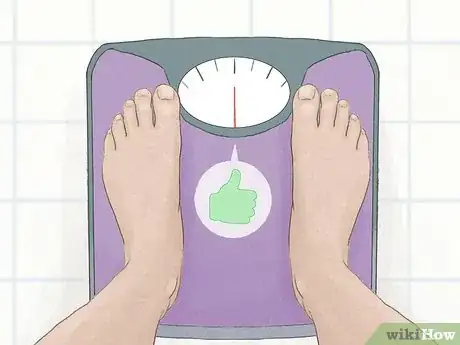
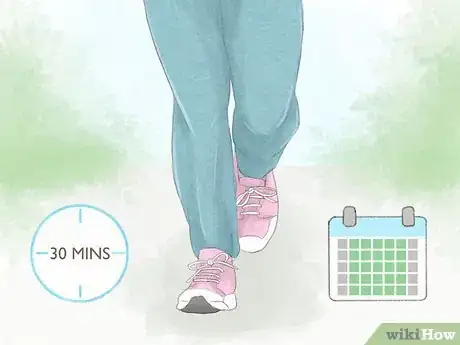
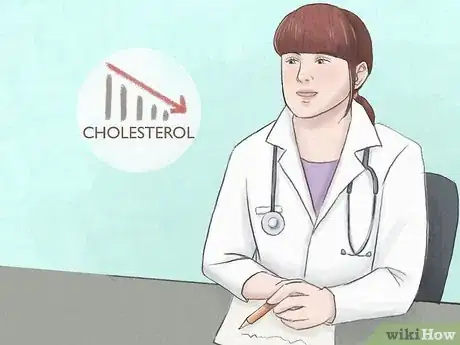
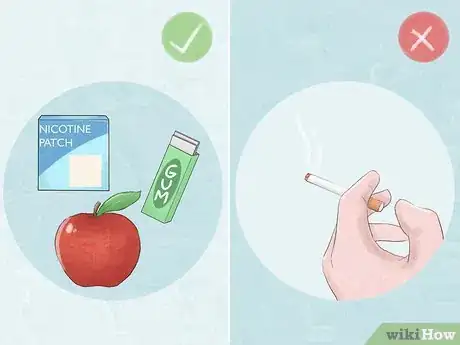
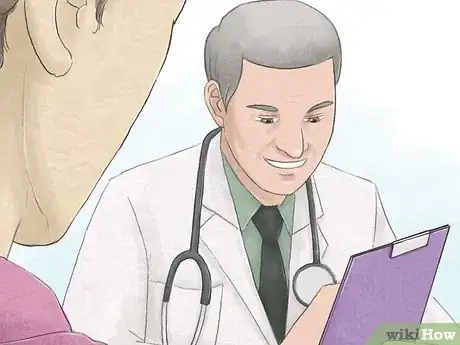
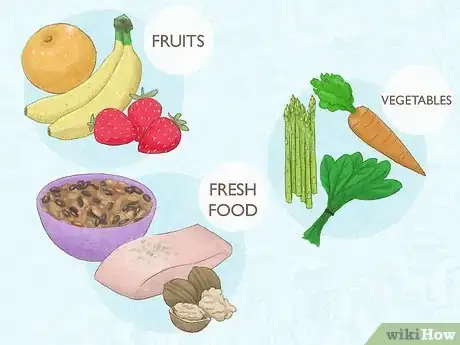
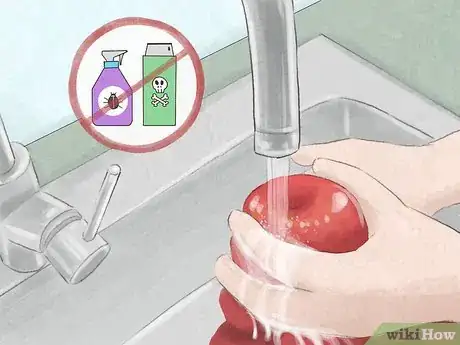
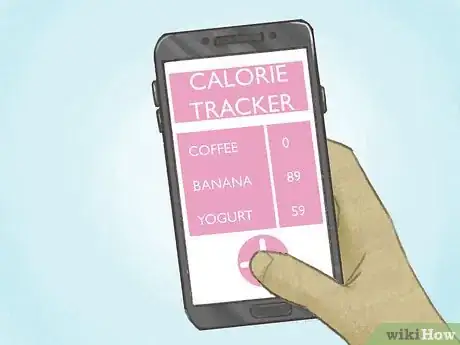

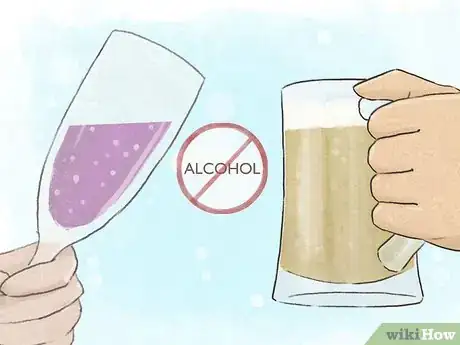
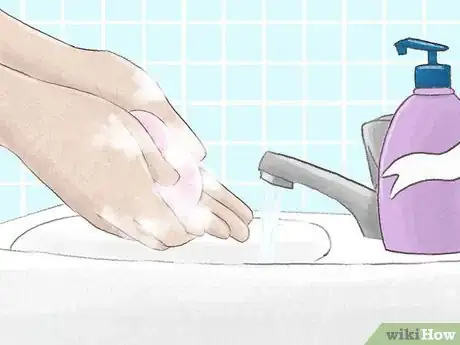
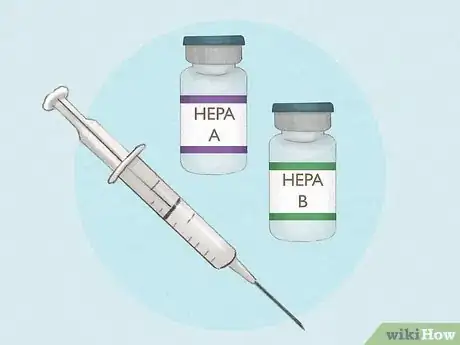
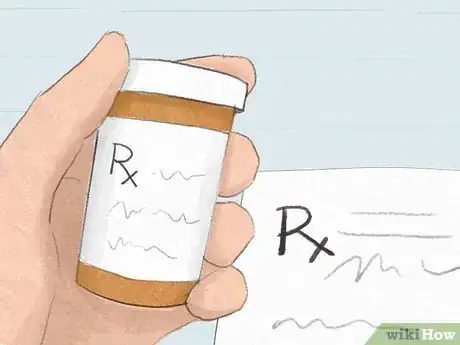
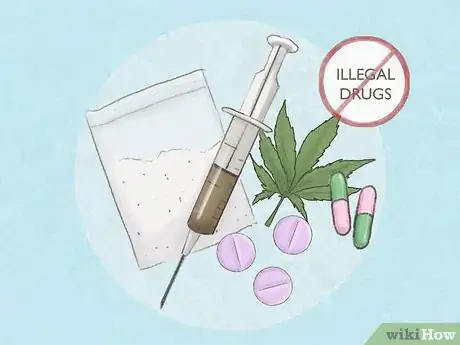

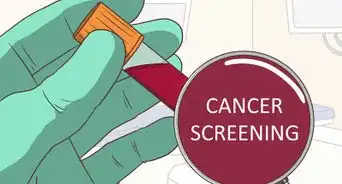

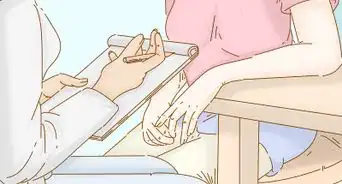
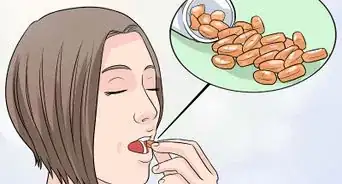


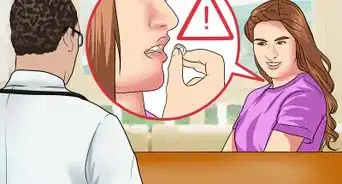

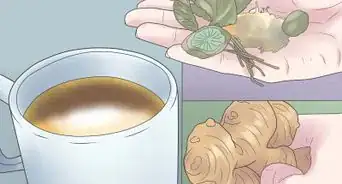

-Step-16.webp)









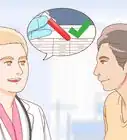






































Medical Disclaimer
The content of this article is not intended to be a substitute for professional medical advice, examination, diagnosis, or treatment. You should always contact your doctor or other qualified healthcare professional before starting, changing, or stopping any kind of health treatment.
Read More...